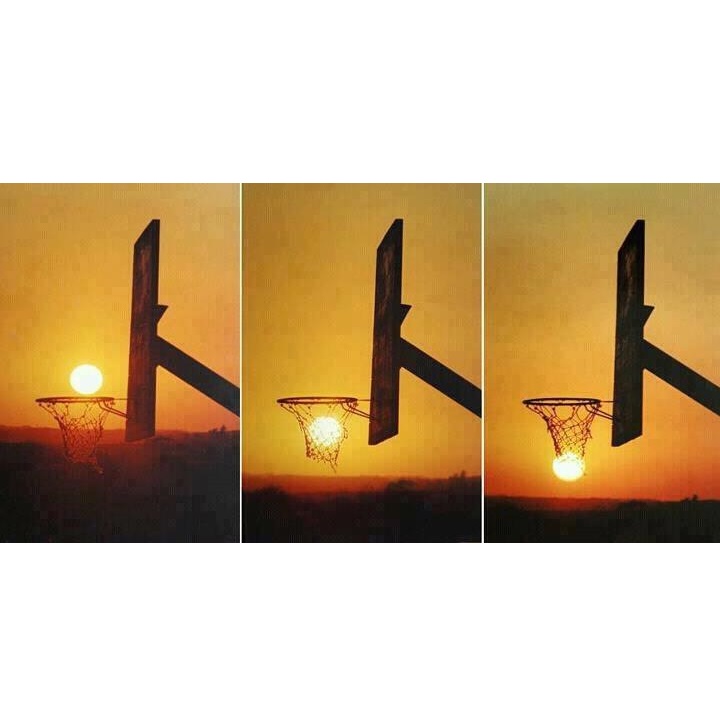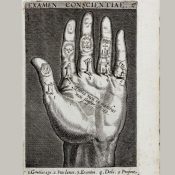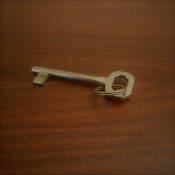One of the most frequently asked questions by relatives, friends, or other people I meet in Genoa, and maybe by you too, who read these lines of mine at the moment, and who do not fit in the previous categories, is often: “but what do you really do all day in the novitiate?”
I must admit that when faced by this question I often find myself in difficulty. In fact, trying to summarize everything in a few clear and simple sentences, avoiding seeming superficial is not simple; for this reason, usually, I limit myself to a more or less detailed report of our twenty-four hours, including language courses, personal commitments in the house, etc.
However, after giving these answers, I generally seem to have told only a very small part of what I really live here.
An image that helped me in primis to understand and internalize how I spend my time is when I go shoot some (basketball) hoops in our multifunctional pitch, where sometimes even epic volleyball challenges take place among us novices.
Who plays, or played, basketball, knows very well that one of the things that you experience on returning after a very long time to tread once again the parquet, in our case, the concrete, is the difficulty in carrying out in a natural way the simple shooting mechanism.
In itself this may seem extremely trivial: you bend your legs, with your feet turned to the basket, you take the ball with your dominant hand, leaving a space between the palm and the ball, trying to form three right angles with the wrist, elbow and shoulder joints, while the other hand has the single task of lateral support for the ball. At this point, keeping your eyes on the internal iron of the basket, you should perform a continuous movement that leads to stretching out the whole body and as my coach used to advise me, at the time of the release of the ball, to “break the wrist”, bringing the fingers, figuratively, inside the basket.
In itself the whole thing seems simple enough, also because we are talking about basketball and not theoretical physics. Yet the fluidity of the whole movement and the rigour with which these easy movements are performed, are often the basis for the successful outcome of a shot, together with understanding how to use one’s strength. In fact, at the beginning, in my rush, I often tended to either accelerate some movements, or forget to execute others because I would have focused on just one step.
In any case, what came out was usually a disappointing wrong shot; not to mention when, taken up in the delirium of copying the others, I began to shoot from a distance of seven to eight metres, increasing exponentially the severity of the error.
So the only solution to my first terrible and painful mistakes was to arm myself with holy patience and decide to restart from the basics and slowly, starting from an almost non-existent distance very diligently, readopt and make natural, first in my head and then in my body, all the necessary movements.
All this has not been very different in the end, for me, from what I have been doing every day in these first months in the novitiate. It was a privileged period of my life in which I was able to relive and revise many aspects, situations, relationships that also helped me to get to here, but that because of disuse or incorrect current use, needed a serious review.
And so, calmly, sometimes starting from the beginning, I could begin to give once again the right place to different areas of my story, without too much haste, paying attention even to those that could seem to be just “details”, but without distracting myself from the global vision of the whole.
Moreover, as with my experience of my little “technical” mistakes in simply shooting hoops as well as in prayer, an important aspect to keep in mind for me was to learn how to give the right time to things: how not to want to accelerate time, but to the contrary to be sometimes even willing to start again, to be able then to metabolize and go in profundity, remembering\learning that much of what I gather does not depend on me.
So, returning to the original question, “what am I doing here?” the answer, paraphrasing the Foo Fighters, is, at the end of the day, “I’m learning to shoot again.”






Comments